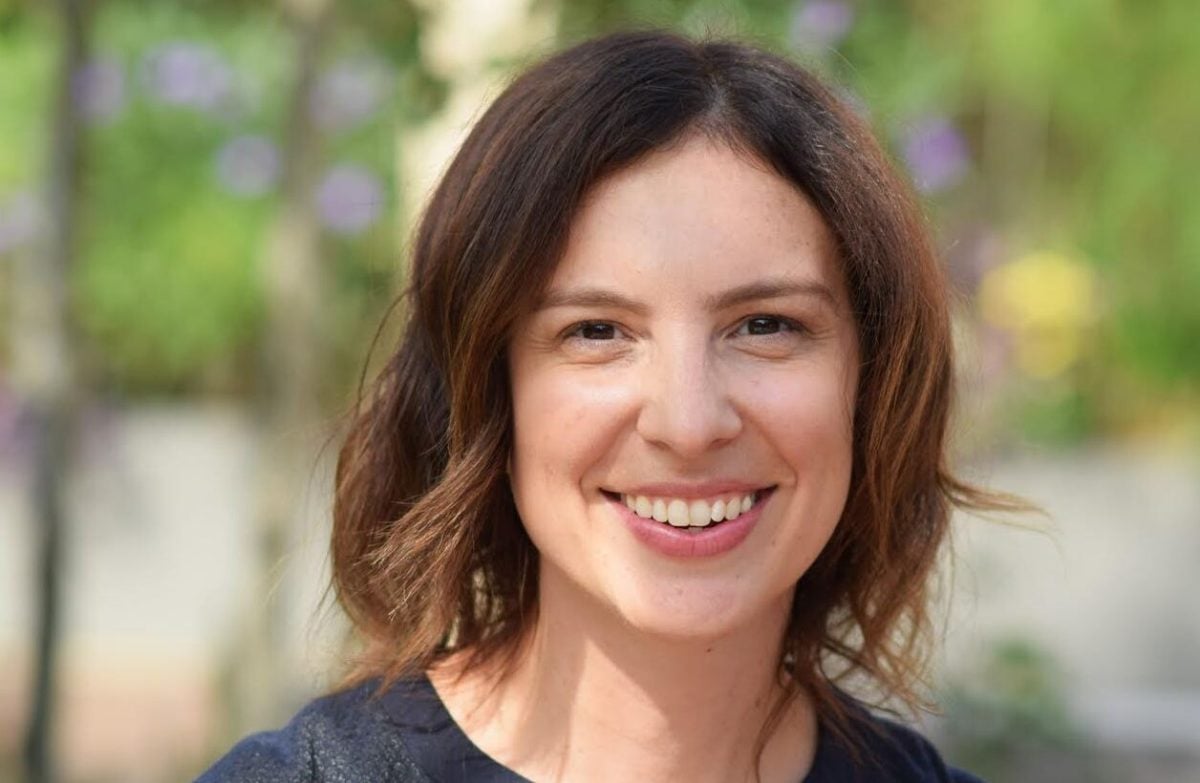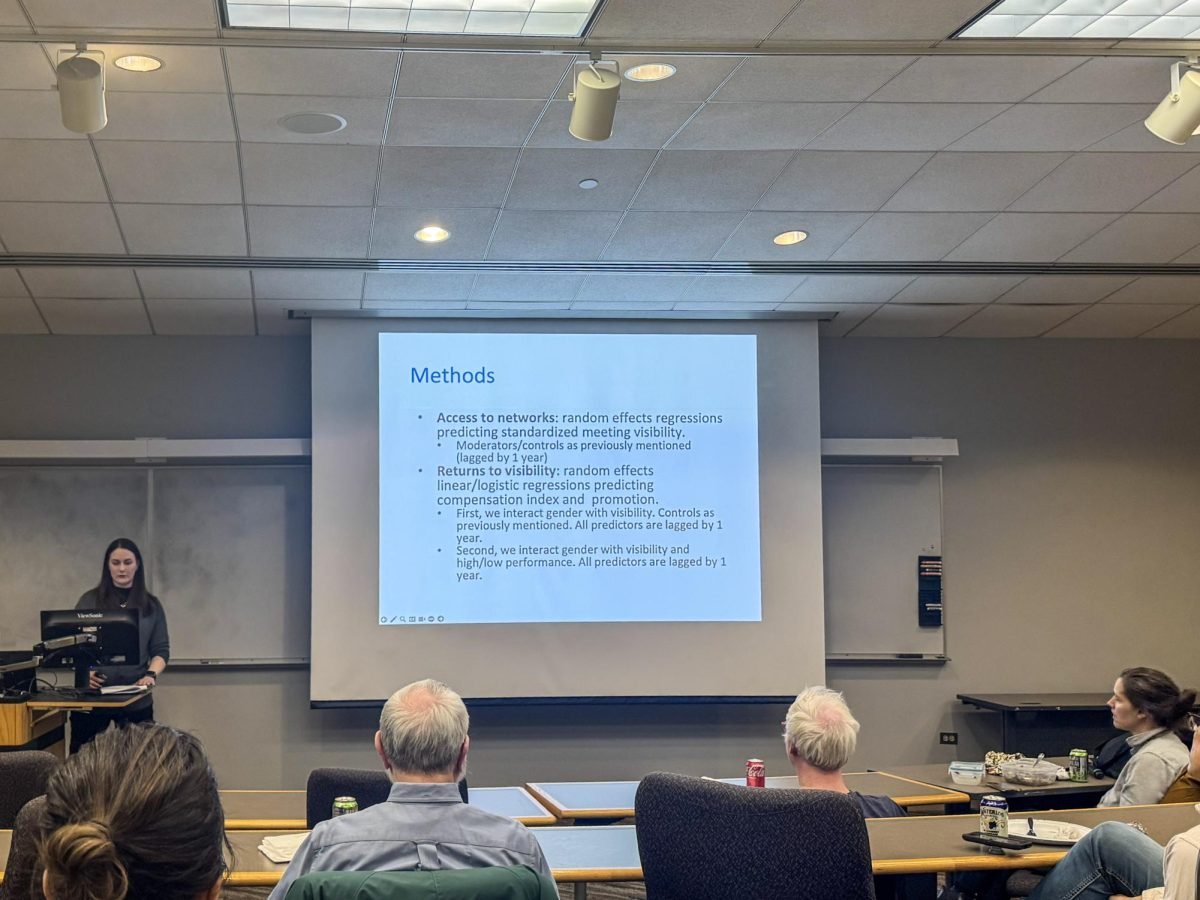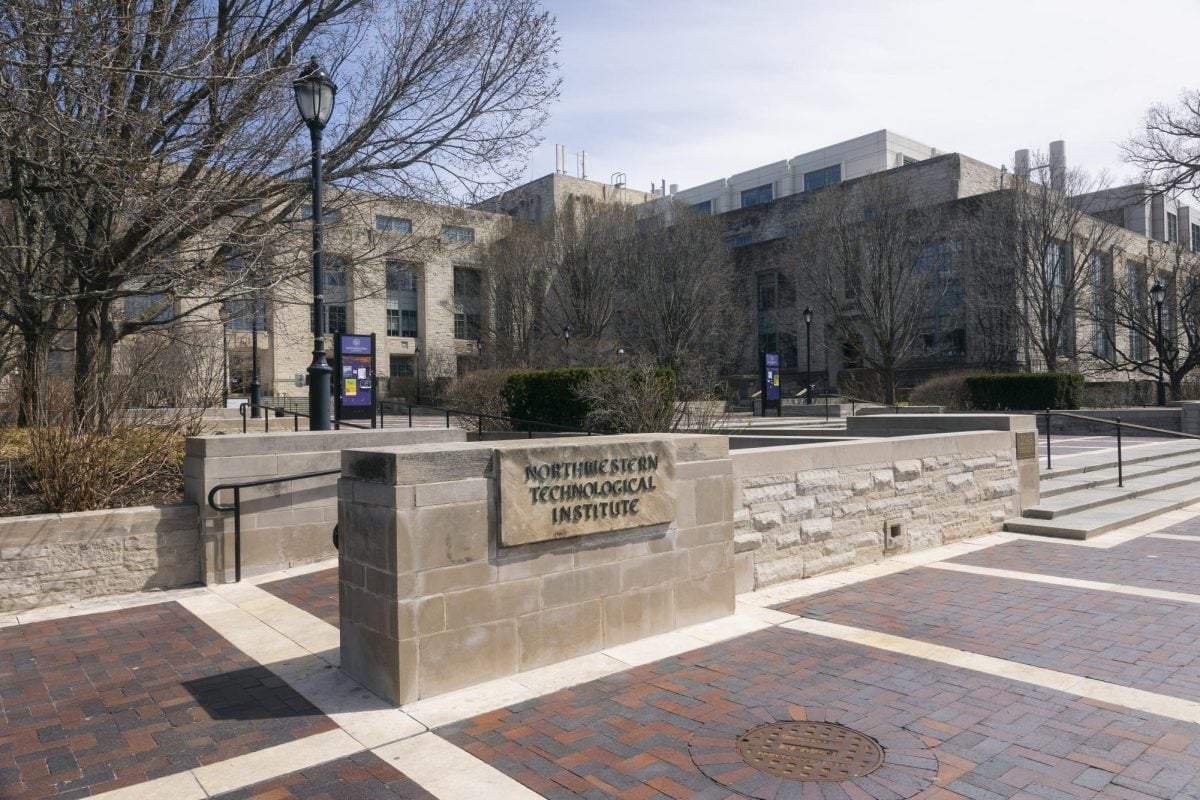Northwestern students taking the Medical College Admission Test in 2015 may want to start studying soon.
More than 40 percent of medical school admissions officers expect the new version of the MCAT to be more difficult than the current one, according to a Kaplan Test Prep survey this year. In last year’s survey, just 22 percent of admissions officers reported these expectations for the revamped test.
The new MCAT comes with three significant additions. First, the time allotment for the exam is slated to increase to six hours and 15 minutes, compared with its current allotment of three hours and 20 minutes. There will be additional questions on biochemistry, psychology and sociology, which will require students to take an increased number of prerequisite classes.
The survey asked admissions officers in 79 medical schools across the nation earlier this year whether they anticipated the 2015 MCAT to be more difficult than the current one.
“People are coming to the realization that the test will be very different,” said Owen Farcy, Kaplan Test Prep’s director of pre-health programs and director of MCAT 2015. “It’s really going to be harder.”
The updated test will also include two new question types: research design, which asks students to illustrate their knowledge of conducting research, and graphical analysis and data interpretation, which prompts students to draw conclusions and inferences from data sets.
Weinberg senior Helen Gomez, who was accepted early into Feinberg School of Medicine through NU’s Undergraduate Premedical Scholars Program, said she thinks these changes are necessary for the changing field of medicine.
“It is absolutely reasonable. It is absolutely necessary,” Gomez said in an email. “I think we are seeing changes in the medical field, and we need to account for those changes. The more social and psychological sections force prospective candidates to grapple with the ‘real world,’ ‘real people,’ and ‘real lives’ aspect of medicine.”
Farcy emphasized the importance of qualities beyond academic excellence in prospective medical school students.
“For students applying this year, when they are applying, they want to be themselves, and they want to make sure that their passion is coming through as they are speaking to medical schools,” he said. “Medical schools look for passion in medicine. Students who are applying in the next year or so, they want to make sure they know the test and get plenty of time to prepare.”
Gomez, a history major, advised students to explore interests outside of the natural sciences. She said doing so will ultimately help in fostering quality doctor-patient relationships.
“Make your own path, be your own person and be proud of it,” Gomez said. “Don’t change yourself to meet the medical school standards. Don’t listen to your friends’ experiences. Make your own.”
Kaplan will launch a new suite of test prep materials next fall to help students prepare for the updated test.













